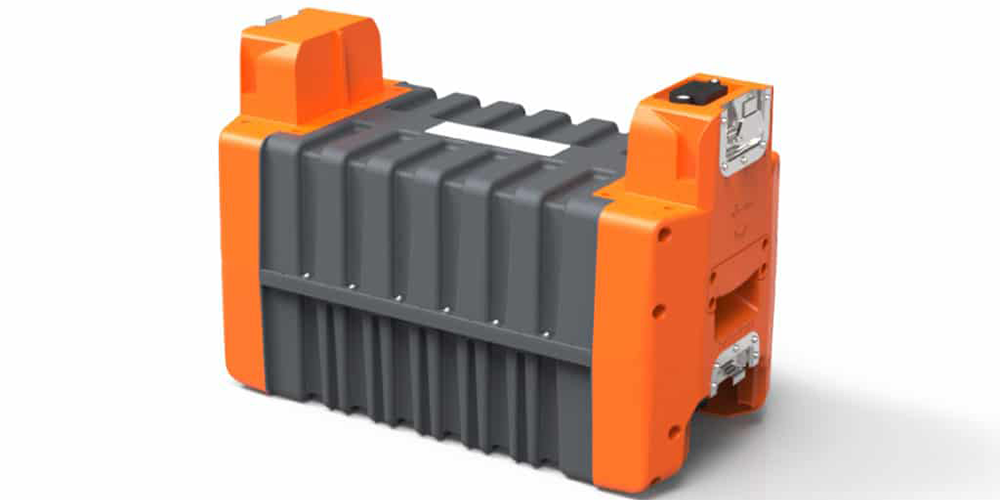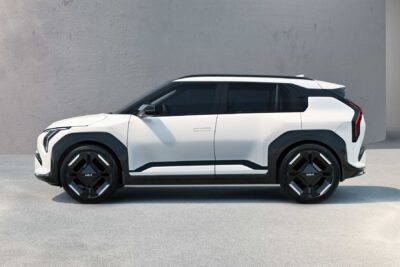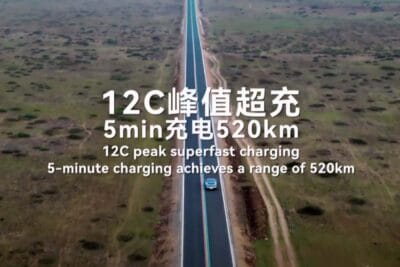Betteries AMPS completes certification of 2nd life battery
Betteries AMPS has completed the certification (CE, UN and IEC) of its second life battery with 48 V and 2.3 kWh, which is based on upcycled modules from electric vehicle batteries. This allows the Berlin-based start-up to offer the mobile battery to its customers.
The development and validation programme took 18 months. According to Betteries, the betterPack can be stacked to provide 2.3 to 9.2 kWh of energy – for appliances or small electric vehicles, for example.
According to the company, Betteries already takes the principles of the circular economy into account during battery production. The design was developed in such a way that the batteries can be easily repaired and disassembled at the end of their useful life. This allows the individual components and materials to be separated and either reused or recycled, the company says.
“From the very beginning, our goal was to develop a truly sustainable, mobile power system based on upcycled 2nd-life battery modules that provides our customers maximum flexibility of use,” says Rainer Hönig, CEO and founder of Betteries. “It opens up completely new fields of application for 2nd life batteries for our automotive partners, far beyond the already existing stationary storage for industrial applications.”
Betteries AMPS is a partner of Mobilize. The Renault mobility brand, founded last year, unveiled new offerings designed for Europe in September 2021, including a battery certificate for more transparency in the sale of used e-vehicles, a charging passport and a smart charging app to reduce domestic electricity costs.
The second life i.e.: battery reuse industry is only just emerging in global markets, while China has long since been using a so-called cadence of used battery applications before recycling. Second life – or cadence – batteries are used in applications such as stationary energy storage, electric car charging power at stations and light electric vehicles such as electric mopeds and scooters.
An electric car battery stays sufficiently powerful for large and fast personal vehicles for only 4-6 years, after which it should still get another 4-6 years of life in second life applications before being recycled. When doing the maths of these years of extended use, its easy to see how it will become an equally lucrative market outside of Europe when the current numbers of electric cars hitting roads worldwide have batteries ready for a whole other life before they get carted off to the recyclers.





0 Comments